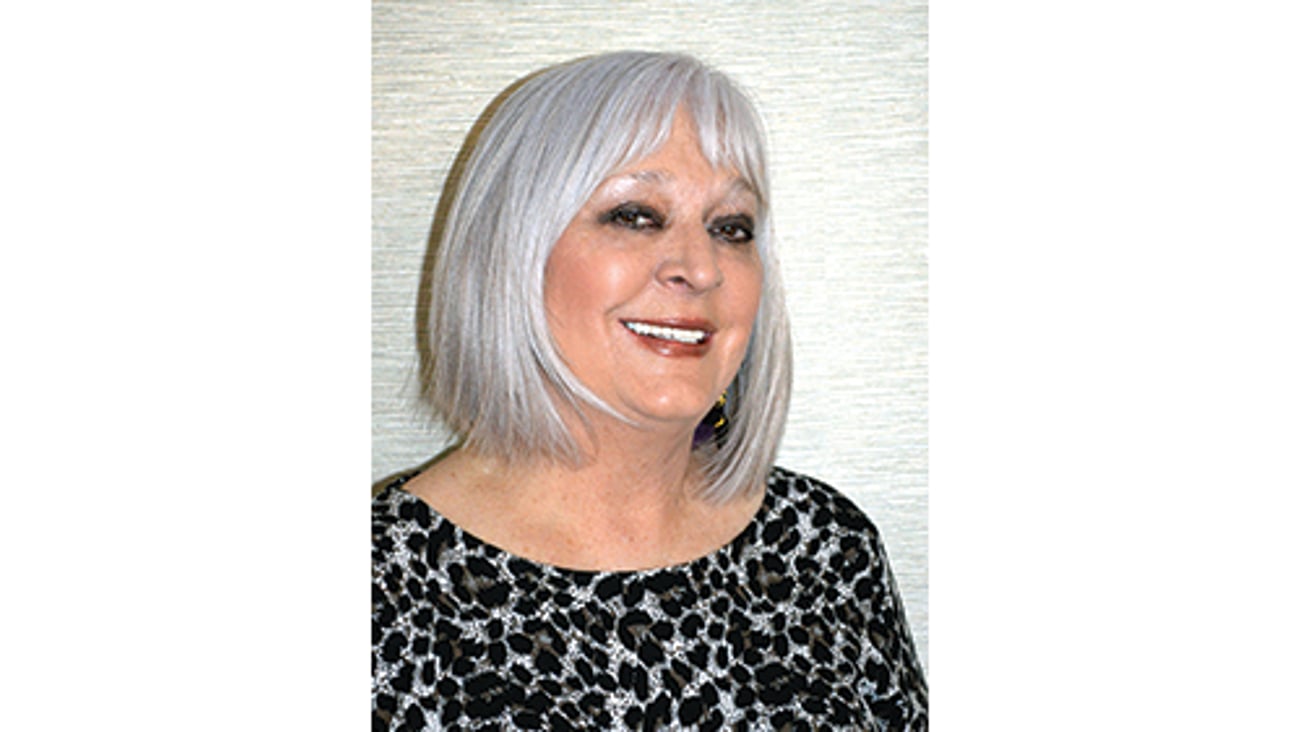Demystifying ACPE
A few short weeks ago, I made the leap from my career as an educator and administrator in a college of pharmacy to a completely different type of position. I succeeded Pete Vlasses as the executive director of the Accreditation Council for Pharmacy Education after his retirement. My first thought upon being notified that I was being offered the position was that I would be filling some very big shoes.
Fast forward a few weeks, and what I have found is that most people don’t have any idea of the breadth and depth of ACPE’s activities. Most pharmacists know we accredit schools of pharmacy and CE programs, but are not aware of the many other activities that ACPE encompasses.
ACPE has four divisions:
• Colleges and schools: This division is the PharmD program accreditation arm of ACPE. The professional degree programs leading to the Doctor of Pharmacy degree must meet established qualifications and educational standards in order to maintain accreditation. Currently, there are 137 accredited PharmD programs, eight programs with candidate status (a new program that has not graduated at class yet) and one program with precandidate status (a new program with no students enrolled yet, but meets the eligibility criteria for accreditation).
• Continuing Education Provider Accreditation: This division encompasses both ACPE’s Continuing Education Provider Program, which is designed to assure pharmacists, boards of pharmacy and others of the quality of continuing pharmacy education programs. CPE Monitor, PWT Web Tool and Plan are all part of this division. In addition to CE, this division also provides resources for Continuing Professional Development, or CPD. CPD involves the process of active participation in formal and informal learning activities that assist individuals in developing and maintaining continuing competence, enhancing their professional practice, and supporting achievement of their career goals. Currently, there are 291 ACPE accredited CE providers and 90 Joint Accreditation for Interprofessional Continuing Education providers.
• International Services Program: This division provides consulting and professional degree program certification to stakeholders around the world who seek guidance related to quality assurance and advancement of pharmacy education.
• Pharmacy Technician Education Accreditation Collaboration: In collaboration with ASHP, the goal of this program is to promote, assure and advance the quality of pharmacy technician education and training programs.
ACPE also has been very active in the Health Professions Accreditors Collaborative, or HPAC, in which we were a founding member. Most recently, ACPE participated with HPAC and the National Center for Interprofessional Practice and Education in developing a guidance document aimed at supporting and developing quality interprofessional education. The document was endorsed by 24 agencies.
I also have learned that there are some misunderstandings associated with ACPE. The most common one I have heard is that many pharmacists think that ACPE has the ability to stop new schools of pharmacy from opening. That is not the case. ACPE’s only authority and responsibility is to determine compliance with accreditation standards. If a new school meets the accreditation standards, we must award status to the school.
We are grateful to our three supporting organizations: the American Association of Colleges of Pharmacy, the American Pharmacists Association and the National Association of Boards of Pharmacy, which each appoint three board members to the ACPE board of directors, along with one appointee from the American Council on Education. It is the board of directors that makes all determination of compliance with the accreditation standards and certification quality criteria for international programs.
I am very interested in obtaining feedback about ACPE. We will be hosting information and listening sessions at many national meetings. If you have any thoughts you would like to share, feel free to attend or email me at: [email protected].
Janet Engle is executive director of the Accreditation Council for Pharmacy Education.






